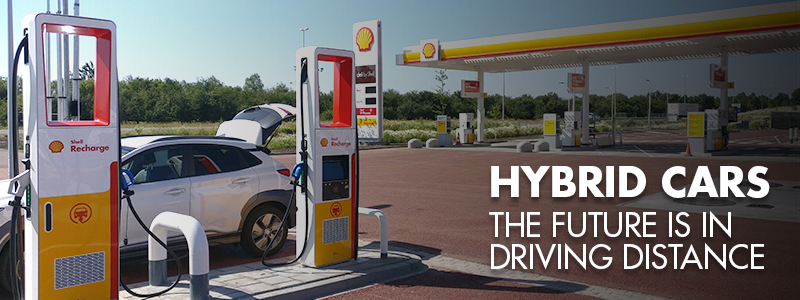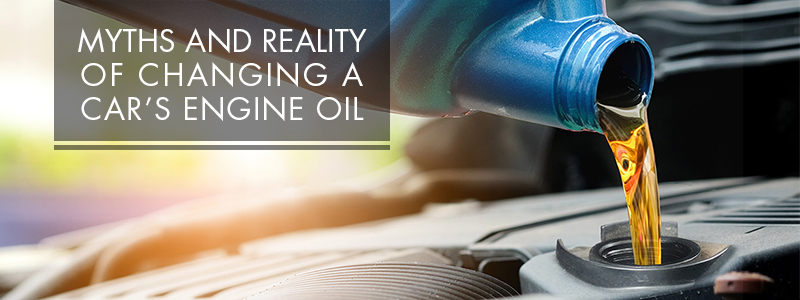- Have any questions?
- 16775
- support@rkpl.com.bd
Macro Distributor of Shell Lubricants in Bangladesh

How To Get A Motorcycle Driving License In Bangladesh
March 11, 2021
10 Ways to Boost Up Your Riding Skills
April 8, 2021Before buying a new car one important question comes to mind- Hybrid or non-Hybrid? This article deep dives into the what’s, whys, and how’s of Hybrid cars which would help you decide.
First, of all- what is a hybrid car? A hybrid vehicle runs on twin powered engine (gasoline engine and electric motor) that cuts fuel consumption and conserves energy. These cars use batteries as primary power and fuel oil as a secondary power source. The car will shift from the two available power sources automatically according to the need. A sophisticated device called Power Control Unit or PCU does all this work. For this, the driver does not have to press any separate switch. The battery does not need to be charged separately; it gets charged by regenerative braking during regular usage.
There are many advantages to buying and driving hybrid cars and we’ve listed our top 5 below:
- Eco-friendly: Due to global warming, the balance of the environment is constantly being disturbed. Pollution is increasing in the city with an increased number of cars. Exhaust from cars is partially responsible for this. A hybrid car powered by battery power emits fewer pollutants. This is better for the environment.
- Better Mileage: One of the best features of hybrid cars is that they are fuel-efficient and typically give better mileage than gasoline cars. Hybrid cars have an electric motor-generator. When the car runs on electricity, the engine is off, so the fuel line connection is automatically shut off due to the motor running. This either works by itself when the vehicle runs on electricity alone or in conjunction with the gas engine for extra acceleration. Instead of a conventional starter, it also spins the crankshaft to start the engine as needed — not just when the car first starts, but any time that the system needs to go from electric-only to gas-and-electric. The cost of buying oil is reduced due to the lower fuel consumption in hybrid cars. Shell Helix HX8 0W-20 with Active Cleansing Technology has low-viscosity, low-friction formulations, which can result in greater fuel economy and provides exceptional performance and protection for all hybrids. Also, fuel-related car parts can be used for a long time. So hybrid cars reduce the buyer’s car costs.
- Electricity only: One type of hybrid vehicle is Plug-in Hybrids (PHV). These cars can only be run on batteries. PHV cars have the option to charge the battery separately. Vehicles can be charged from home. At full charge, PHV vehicles can run 30 to 40 km of the road without consuming fuel.
- No hassle of conversion: Non-hybrid vehicles are converted to CNG or LPG to save fuel costs. Hybrid cars use batteries as alternative power, so there is no problem in converting these cars. There is no requirement to stand in line and fuel up.
- Increases the durability of the parts: Engine oil, oil filters, and air filters are also not used because the engine is off when running on hybrid car batteries. This increases the life of these parts. In non-hybrid vehicles, these parts have to be replaced three thousand km in a row but in hybrid vehicles, five to six thousand km can be used effortlessly.
The hybrid of the future will be less expensive to own and will provide consumers with a fun, environmentally friendly driving experience. The advantages that hybrid cars offer without reducing the power or efficiency of the car cannot be given by ordinary cars. If you want to help the environment but also want the freedom to take an impromptu road trip whenever you want to, a hybrid might be the best fit for you.




